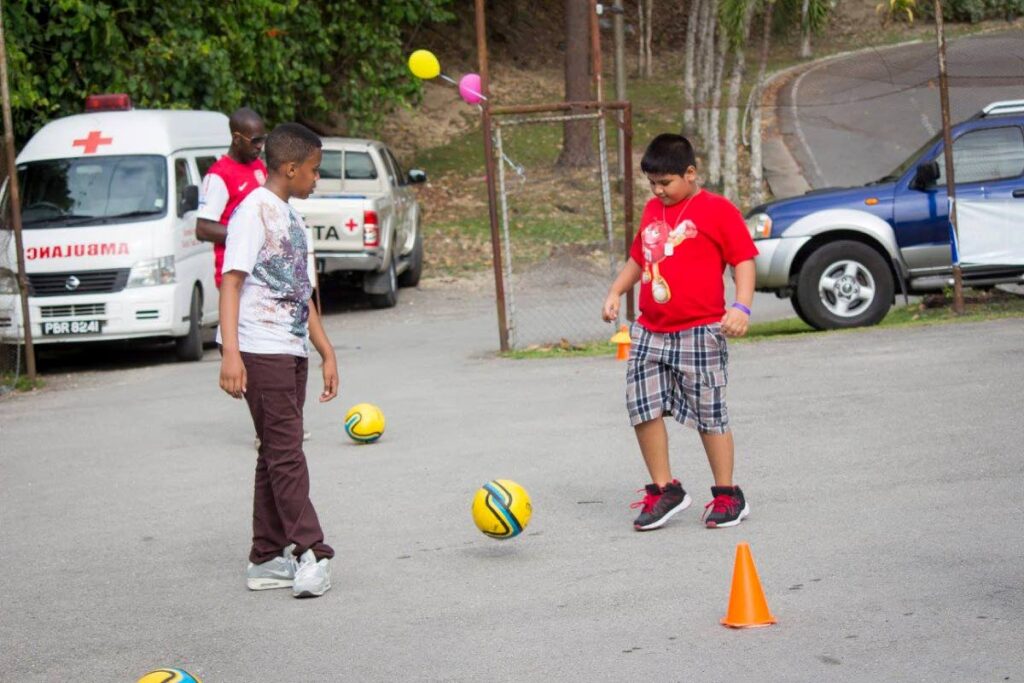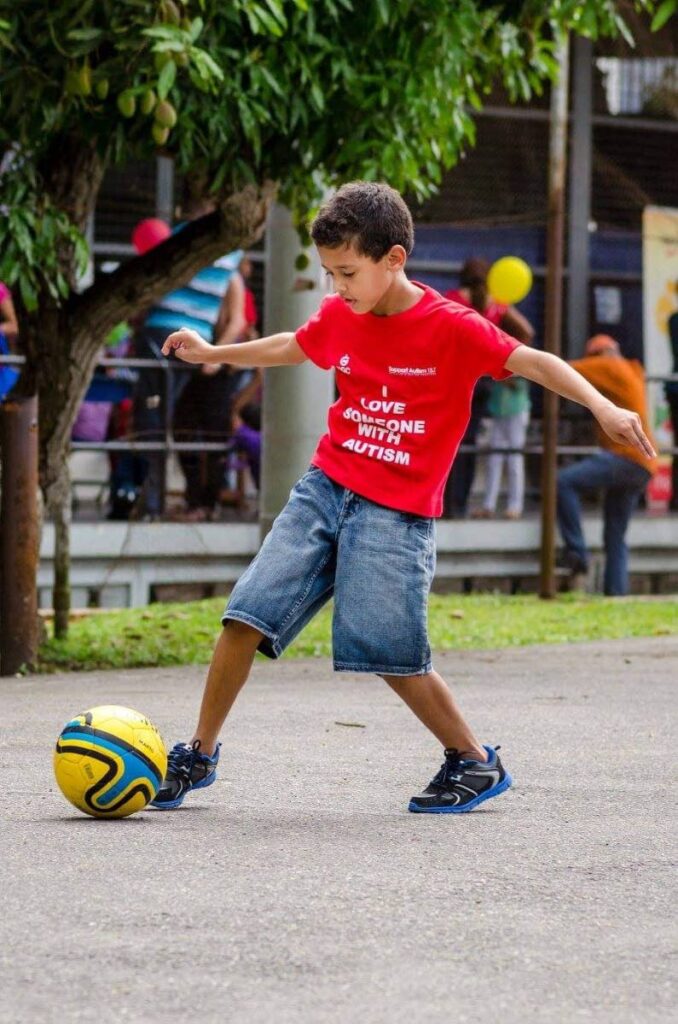Strategies for dealing with a hyperactive child

DR RADICA MAHASE
Children who are hyperactive usually have trouble sitting still for long periods. They may be fidgety and restless and are also easily bored. They may have trouble paying attention, might rush through their schoolwork and make careless mistakes.
They might be easily distracted in class and they might even disrupt others. Sometimes hyperactivity is part of a disorder such as Attention Deficit Hyperactivity Disorder (ADHD) but before you "diagnose" your child it is important to know that hyperactivity could also be a result of factors such as diet and environment as well as mental and emotional issues.
Whatever the reason, hyperactive behaviour can be very challenging for parents and caregivers who become frustrated. Hyperactive children are seen as troublesome and many parents believe that "a good slap" will stop this kind of "bad behaviour." It is important to understand that every child is different and some children, when compared to others, might be more active. The idea of the "well-behaved, quiet child" is preferred by most people, especially teachers. For parents/caregivers and teachers who struggle to deal with a child’s hyperactivity, here are some brief suggestions.
Try to understand what is happening – If you see signs of extra hyperactive behaviour then you might need to take your child for a medical check-up. In addition to hyperactivity, ADHD also includes inattention (short attention span, easily distracted, forgetfulness, etc) and impulsivity (interrupts others, can’t wait their turn, etc). Understanding what is happening means talking to your child – find out what is bothering him/her; what is the child’s mental state? What makes your child hyperactive? Is it your child’s diet?
Establish some order – Have clear rules in the home and make sure that your child knows exactly what is expected. For example, if your child is usually very hyperactive, you can have rules which only allow them to run and jump in a specific area. If your child cannot sit still for long periods during online classes, you can have a system in place (with full co-operation of teachers of course) where he/she can get up and walk around for two to five minutes at regular intervals, and so on.
Minimise distractions – a child who is hyperactive needs to have a comfortable, orderly space. This is especially necessary if you expect your child to sit for online classes or even in a physical classroom. A space that is well-organised, not filled with clutter will help your child to be less distracted.
Allow your child to have time for unstructured activities – this means that your child needs to have time outside of class and schoolwork. I have heard so many parents saying that their child has no time for anything else, they have homework and lessons or tests are coming up and their child needs to study. The child’s schedule is mainly centred around studies. It is important that children, especially those who are hyperactive, a given time to do unstructured activities, especially to move around and play on their own.
Let you child engage in physical exercise – consistent daily exercise can help burn excess energy. It can make the child calmer and helps in concentration and social skills.
Sadiya Qamar, parenting writer/advisor noted, “We need not tell you that energy can’t be bottled up and stored. Energy needs a vent, and you need to help your child release his energy. Make some time to take your child to the outdoors. Let him indulge in activities like running, sports and walks. If you have a yard, allow your child to go out play every evening.”

If you do not have outdoor space available, allocate one room indoor where your child can do something physical – basic exercise, yoga and stretches can also work. Exercise is even more important now that many children are sitting at a desk for longer periods, while they engaged in online learning.
Monitor your child’s diet – certain food especially those high in sugar and carbohydrates can trigger hyperactivity. It is also important to know if your child has any food sensitivities which can trigger hyperactivity. A regular balanced and healthy diet can help to decrease hyperactive behaviour.
Let medication be your last resort not your first option – Many parents opt to treat hyperactivity with medication as this often seems like the easiest and more convenient. Do remember that medication often has side effects and long-term use might bring bigger challenges. Ultimately, while having a hyperactive child makes everyday living very challenging, parents and caregivers need to be understanding and patient.
Dr Radica Mahase is the founder/director of Support Autism T&T

Comments
"Strategies for dealing with a hyperactive child"